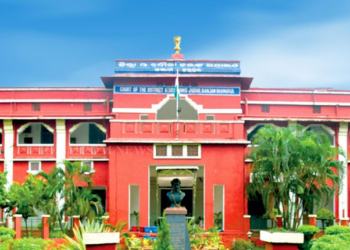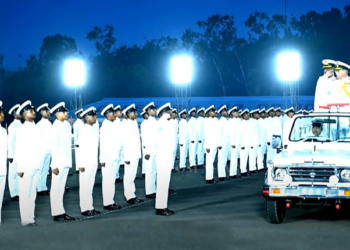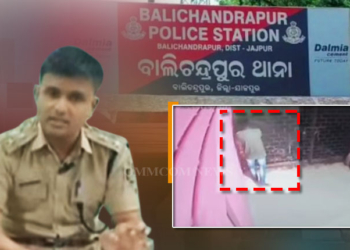Cuttack: The Orissa High Court has ruled out the involvement of Odisha cadre IAS officer and former Malkangiri Collector Manish Agrawal in the death of his personal assistant (PA) Deba Narayan Panda in 2019 during his tenure in Malkangiri.
The High Court pronounced its verdict after examining the post-mortem report of the victim and other evidence in the case.
According to the case diary, Agarwal’s PA went missing from his office on December 27, 2019. Panda’s body was recovered from Satiguda dam in Malkangiri on the following day. Initially, police had registered a suicide case but later filed an unnatural death case in this connection.
Meanwhile, Panda’s wife alleged that he might have been murdered since he was aware of the alleged involvement of the Malkangiri district Collector and others in corruption. About a year, on November 30, 2020, she filed a case in this regard at the court of Malkangiri Sub-Divisional Judicial Magistrate (SDJM).
Subsequently, the Malkangiri SDJM directed the police to file a murder FIR against Agrawal and three others. The Odisha Police had also launched a CID-Crime Branch probe into the incident. However, challenging the order of the Malkangiri SDJM, Agrawal moved to the Orissa High Court.
In his order, the single-judge bench of Justice Sashikanta Mishra said that the case should be probed under Sections 306/120-B/34 IPC (abetment of suicide) instead of 302/506/201/204 of IPC (murder).
“On a conspectus of the analysis of facts and law made herein, this court is of the considered view that the offences punishable under Sections 302/506/201/204 of IPC are prima facie, not made out. However, there are enough materials to proceed against the accused persons for the offences under Sections 306/120-B/34 IPC,” Justice Mishra said in his 30-page order.
The order further reads, “In the result, the CRLMCs are allowed in part. The impugned order is modified only to the extent of substitution of the offences under Sections 302/506/201/204 of IPC by the offences under Sections 306/120-B/34 IPC. The court below is directed to proceed accordingly and to try and dispose of the case as expeditiously as possible preferably, within eight months.”

















